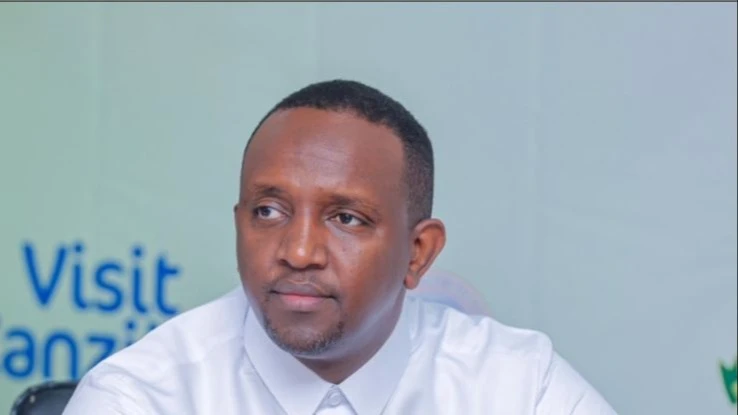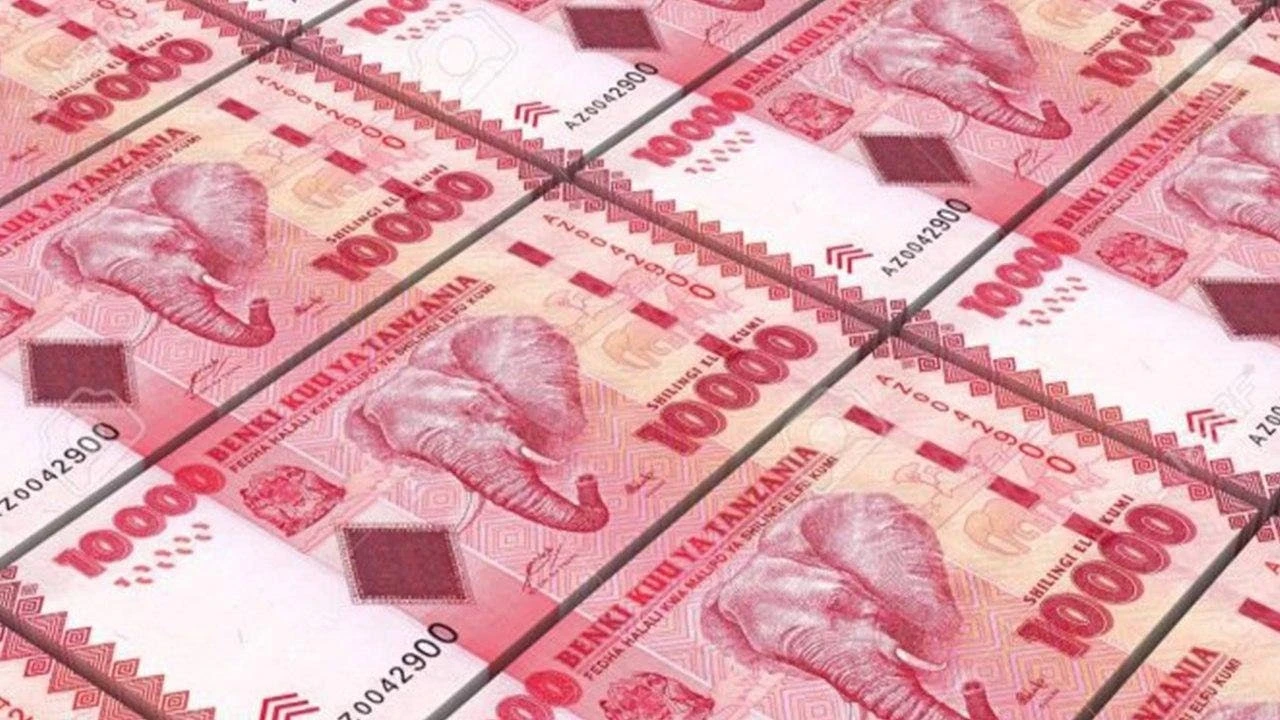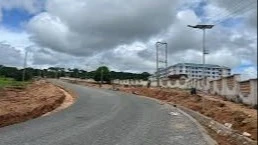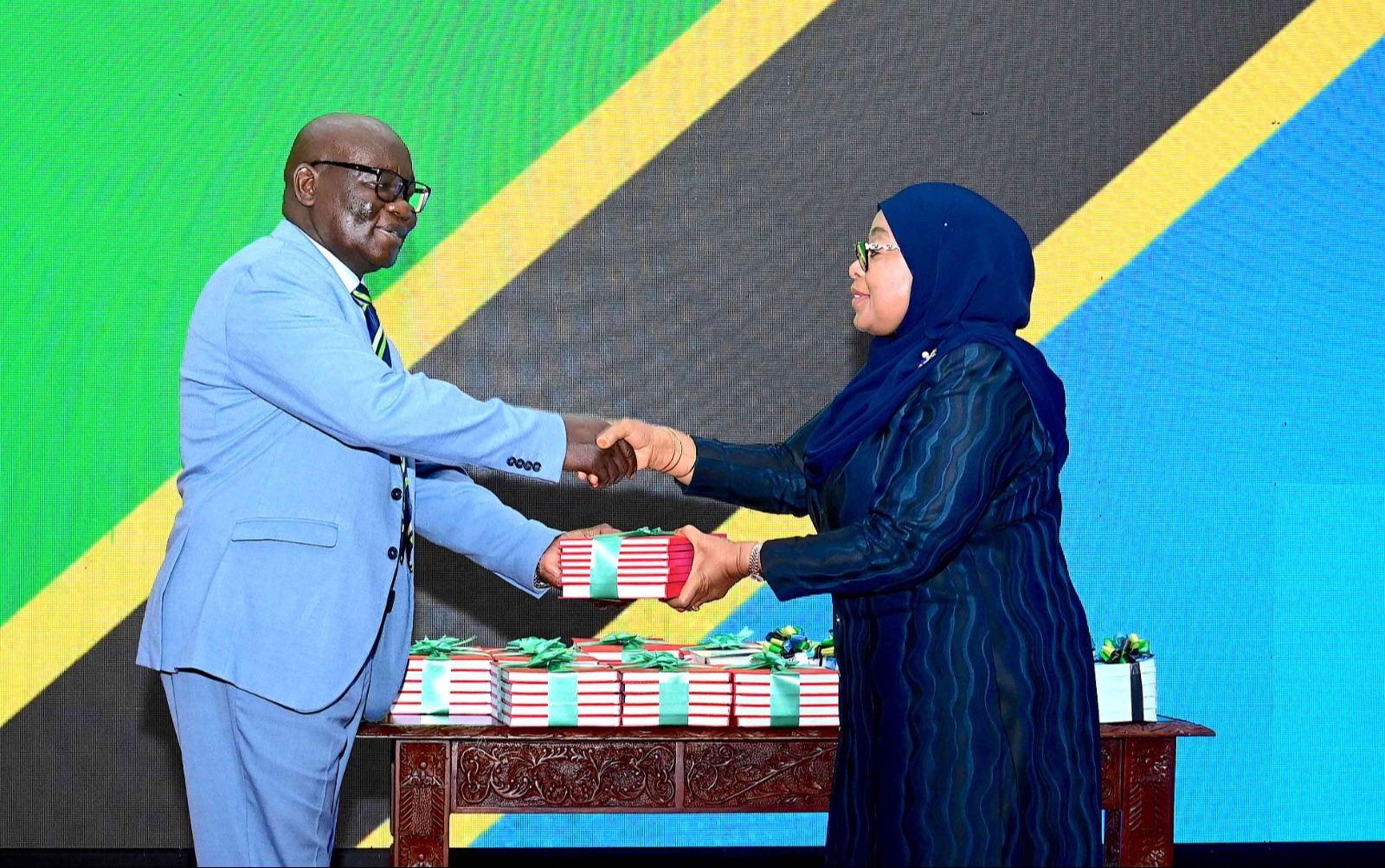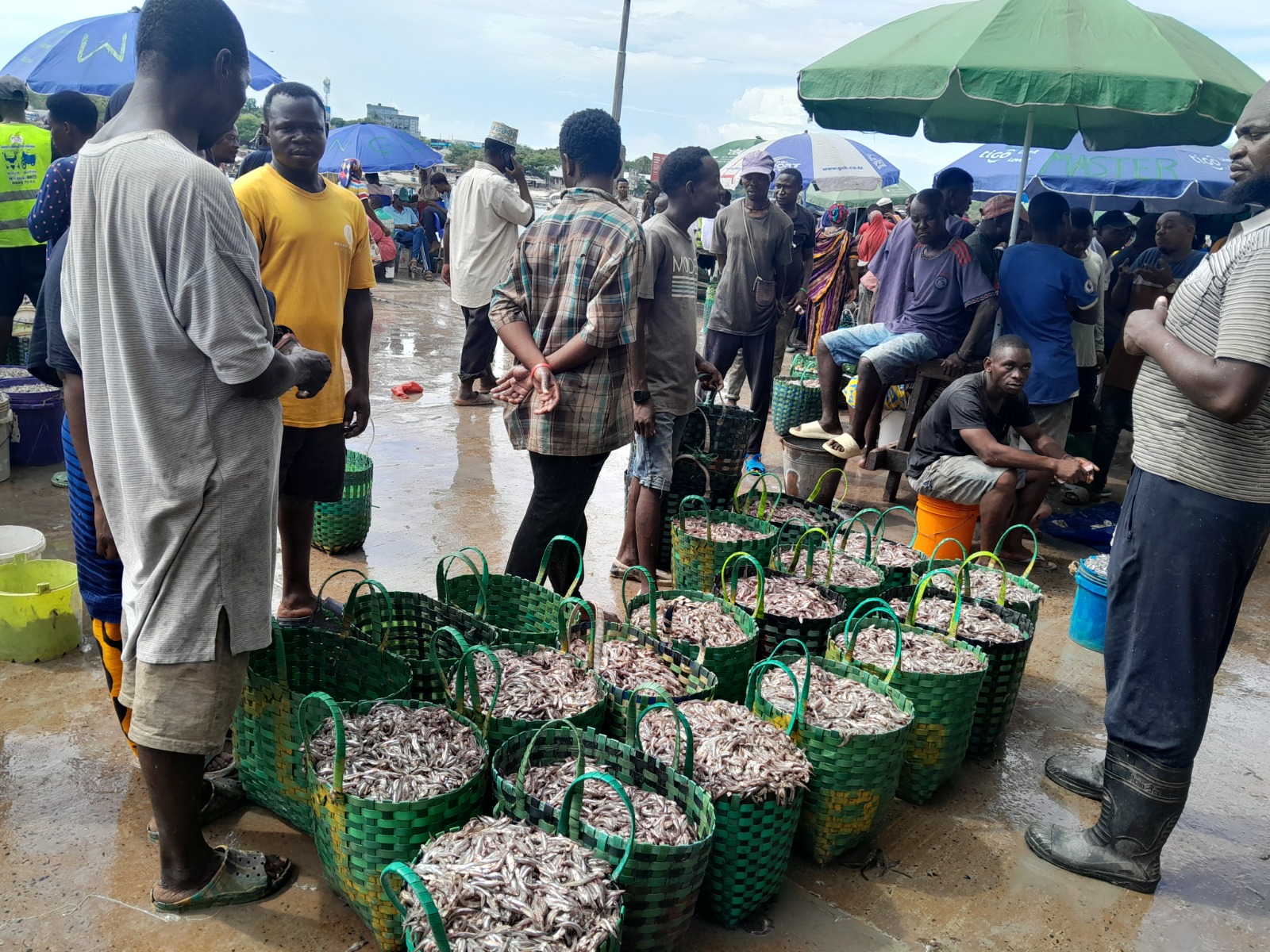Dutch to assist veterinary lab for poultry curriculum
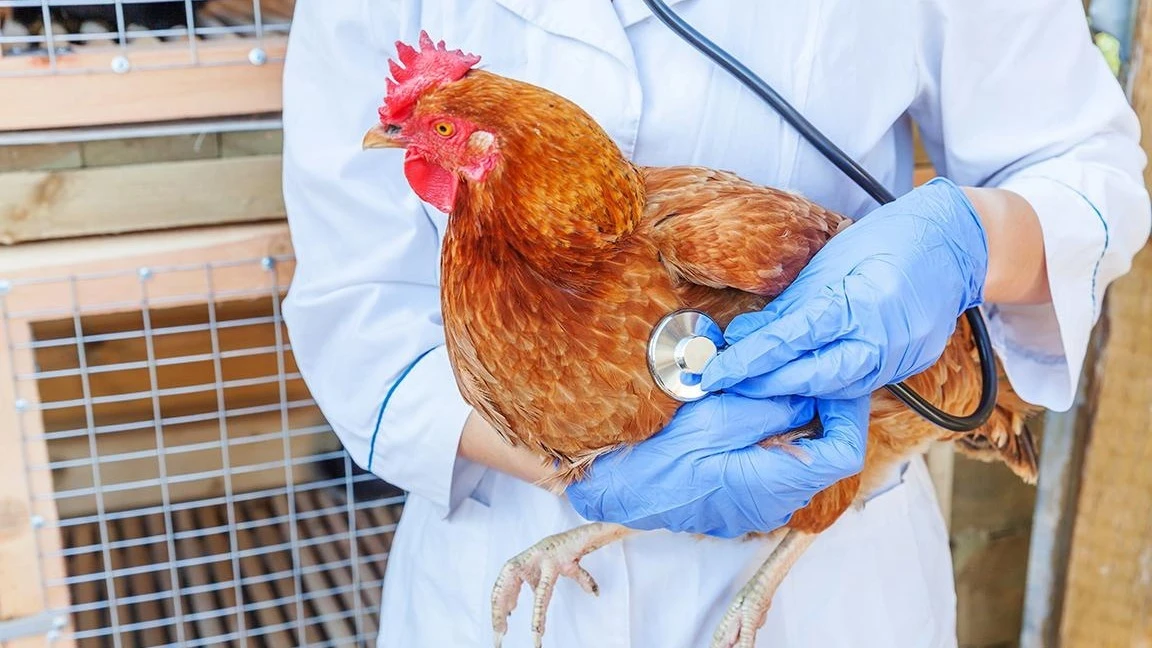
THE Netherlands Embassy in Dar es Salaam, linked with the Livestock and Fisheries ministry and the Tanzania Veterinary Laboratory Agency (TVLA) has launched a poultry curriculum assessment project.
Dr Stella Bitanyi, the TVLA chief executive officer, said at the launch of the project in Dar es Salaam yesterday that it is aimed at enhancing efficiency and increasing productivity in Tanzania's poultry sub-sector.
It is intended to develop a roadmap for improving the contribution of poultry farming to livelihoods of many Tanzanians, starting with key poultry stakeholders, she said, highlighting that 96 percent of livestock keepers have indigenous chicken, typically in small flocks of up to 20 chickens.
They supply less than 20 percent of the country's demand for poultry meat and eggs, she said, noting that the growth rate of the industry is low, averaging 2.6 percent annually. Egg production is under 2.5bn eggs annually, with consumption averaging one egg per person per week, she said.
Poultry consumption of poultry is skewed toward medium- and high-income populations in urban areas, but the demand for poultry products is high throughout the country.
Poultry farming represents a promising pathway for poverty alleviation, especially for women's empowerment and youth employment in the poultry sub-sector, she said, affirming that the poultry curriculum assessment is vital for improving nutrition and food security.
It will help in ensuring sustainable growth in the sector, in line with the vision of poultry farming experiencing rapid growth, driven by the increasing protein needs of a fast-growing population, while the sector still operates traditionally, largely in informal setups, she elaborated.
John Mike-Jagger, counsel for economic affairs at the embassy, was enthusiastic over the launch of the project, noting that the poultry sub-sector holds considerable potential and is growing rapidly, driven by rising protein demand.
“While much of poultry farming still operates informally, many farmers are transitioning from subsistence to commercial farming,” he said, underlining that the poultry curriculum assessment project would provide exciting opportunities for farmers to acquire the right knowledge, training and skills.
This will help address unemployment in the country, as investing in education and skills development is crucial for improving efficiency, productivity and long-term sustainability in this sub-sector, he stated.
Johan Hissink, Aeres Training Centre project lead, noted that working with the Tanzania Livestock Training Agency (LITA) the centre will take up challenges facing Tanzania’s poultry sub-sector through the development of an effective curriculum.
“We are here to help develop a poultry curriculum that will support the sector by addressing challenges from vocational training centers to grassroots farmers, particularly young farmers and women in rural areas,” he stated.
Dr Pius Mwambene, the LITA CEO, said the curriculum assessment project would provide farmers and stakeholders with more skills and technical knowledge.
“We already have curriculums in poultry farming and the agricultural sector, but this project will focus on skill development, preparing farmers for efficient production,” he stated, underlining the need to transform poultry practical skills and innovations to foster sustainable development in the sector.
Angelina Nyansambo, an executive with the Tanzania Agricultural Development Bank (TADB), said that the bank sees great promise in the poultry sub-sector, as it could foster financial inclusion and contribute to socioeconomic development in the country.
Top Headlines
© 2025 IPPMEDIA.COM. ALL RIGHTS RESERVED














